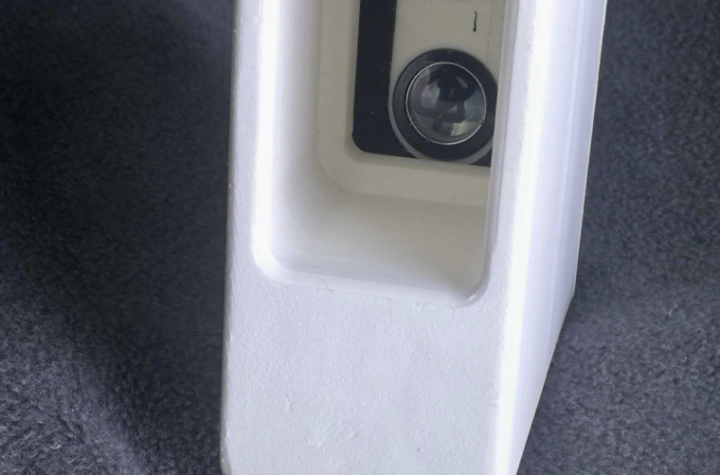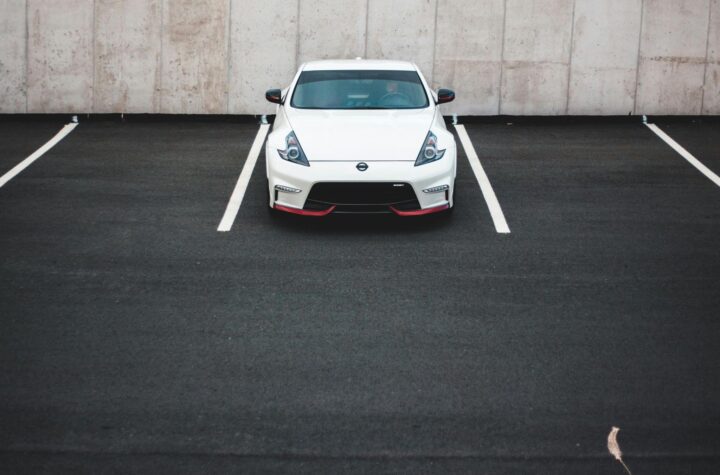
A growing group of suppliers contribute parts and technology to the Japanese hybrid fleet.
Under normal circumstances, Toyota Motor would not have been able to introduce the first-generation Prius until several years after the model’s December 1997 launch. But by producing key components inhouse (specifically the inverter, ‘intelligent’ power module and hybrid system ECUs) rather than relying on suppliers such as Denso Corp. and Aisin Seiki Co., capable as they are, the automaker was able to bring the car to market well ahead of schedule.
For the new Prius, Toyota remains committed to in-house component production. For instance, it makes the car’s Atkinsoncycle gasoline engine at its Kamigo plant, the motor, generator and power-split device at its Honsha plant, and key electronic components such as the power module and brake regeneration and power steering controllers at its Hirose plant.
For instance, it makes the car’s Atkinsoncycle gasoline engine at its Kamigo plant, the motor, generator and power-split device at its Honsha plant, and key electronic components such as the power module and brake regeneration and power steering controllers at its Hirose plant.
Meanwhile Denso, Toyota’s main electronics supplier, has stepped up activities in the hybrid field. For the Prius, it supplies the battery ECU, current sensor and electrical inverter air-conditioning system. For the Estima and Alphard hybrids, the company supplies the battery ECU, current sensor, integrated starter-generator, CVT oil pump motor and high voltage relay; and for the hybrid Vitz, it supplies battery ECU and long-life starter.
Denso also supplied the integrated startergenerator and inverter for the Crown hybrid (which was discontinued last December) and supplies the current sensor and high-voltage relay for the Honda Civic hybrid.
Other suppliers include Panasonic EV Energy Co., a joint venture between Toyota, Matsushita Electric Industrial Co. and Matsushita Battery Industrial Co., which supplies the nickel-hydride battery module for the Prius, Estima and Alphard; Yazaki Corp. and Sumitommo Wiring Systems Ltd., which divide the models’ high-voltage wiring; and Aisin AW Co., a subsidiary of Aisin Seiki, which supplies the CVT to the Prius, Estima and Alphard.
Toshiba Corp., through its subsidiary Toshiba Industrial Products Manufacturing Corp., is believed to supply traction and power generation motors. Toshiba would not confirm its dealings with Toyota although the company, which for years has been a major supplier of semiconductors and microprocessors, recently disclosed that would begin supplying up to 2,000 ‘hybrid’ motors per month to Aisin AW, supplier of the hybrid system for Ford Motor hybrid Escape.
Elsewhere, Honda, like Toyota, sources nickel-hydride batteries from Panasonic EV Energy. The automaker will add Sanyo Electric Co. as a battery supplier with this year’s launch of the Accord and Odyssey hybrids. Declining to provide details of other sourcing arrangements, Honda is believed to purchase hybrid vehicle ECUs from Keihin Corp., an affiliated electronics supplier. Keihin, a joint venture of three former Honda suppliers including Denshi Giken Co., claims to produce an integrated hybrid ECU that joins a gasoline engine, motor control, transmission and battery-control ECUs into a single unit.
Meanwhile, Nissan, which has fallen behind in the hybrid race will employ Toyota technology for its next generation model, eventually is expected to turn to Hitachi and its affiliated companies including Hitachi Unisia Automotive(the former Unisia Jecs Corp. and now a subsidiary) and Shin-Kobe Electric.
Hitachi continues to be active in development of motors, inverters, motor-generators, starter-generators, powertrain control units, semiconductors, 42-volt architecture, and so forth. Through affiliated companies like Shin-Kobe Electric and Hitachi Unisia Automotive, Hitachi is active in battery and electronic steering-and braking-system development.
Beyond the Toyota, Honda and Nissan supplier groups, Sanyo Electric supplies nickelhydride batteries to Ford for the hybrid Escape and Mitsubishi Electric Corp. delivers inverters and intelligent power units (at the device and module level) to both Toyota and Honda for the Prius, Estima and Civic hybrids.
Mitsubishi Electric also has developed a belt-drive motor-generator for small cars which the company hopes to sell to Mitsubishi Motors, Mazda Motor and Fuji Heavy Industries. Meanwhile, NEC Corp. has tied up with Fuji and Nissan to develop manganese lithium-ion batteries.
If hybrids become a catalyst for integrating electronic steering, braking and 4-wheel drive systems, another group of suppliers will become more actively involved including Koyo Seiko Co., NSK Ltd., ADVICS Co. (a joint venture between AisinSeiki, Denso, Sumitomo Electric Industries, Ltd. and Toyota to develop and market future braking systems), Tochigi Fuji Sangyo K.K. and Toyoda Machine Works, Ltd.
This article was provided exclusively to Automotive Industries by J•REPORTS, a new information service offering in-depth coverage of automotive technology based in Tokyo. For additional information about this and other studies and prices, contact JRepts@aol.com.











More Stories
Automotive Industries interview with Johannes Mark, Head of Global Parking Insights, EasyPark Group – Transforming Urban Parking with Light Detection and Ranging Technology
How Secure Parking Technology is Shaping the Future of Urban Development
Steps to Take When Dealing with Insurance Companies After a Car Accident